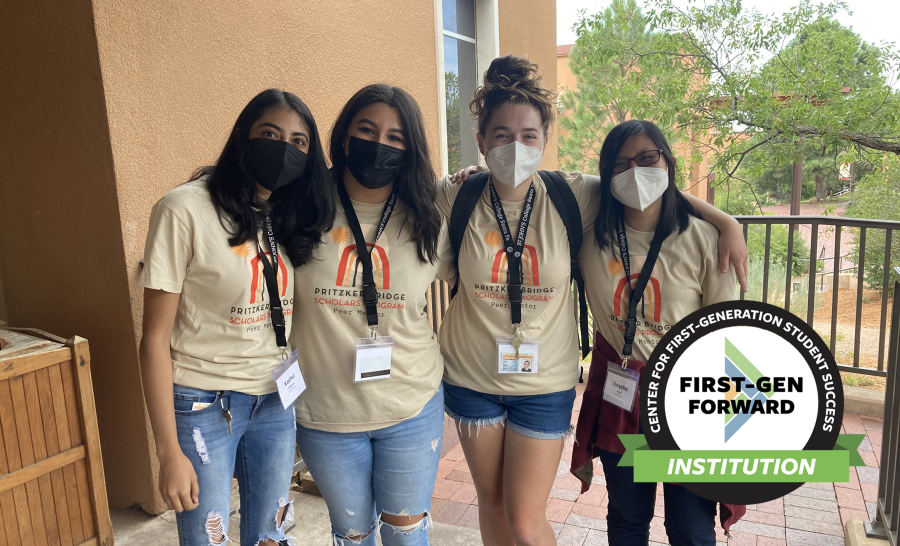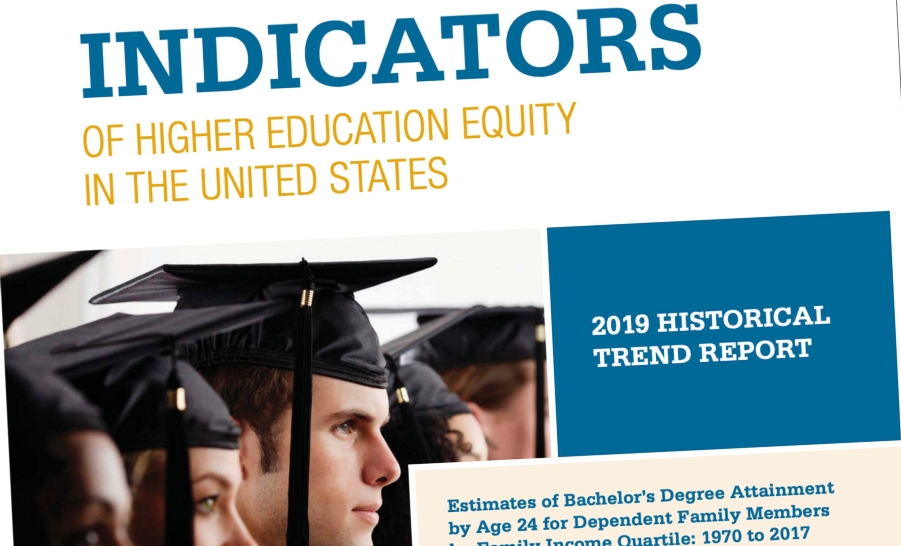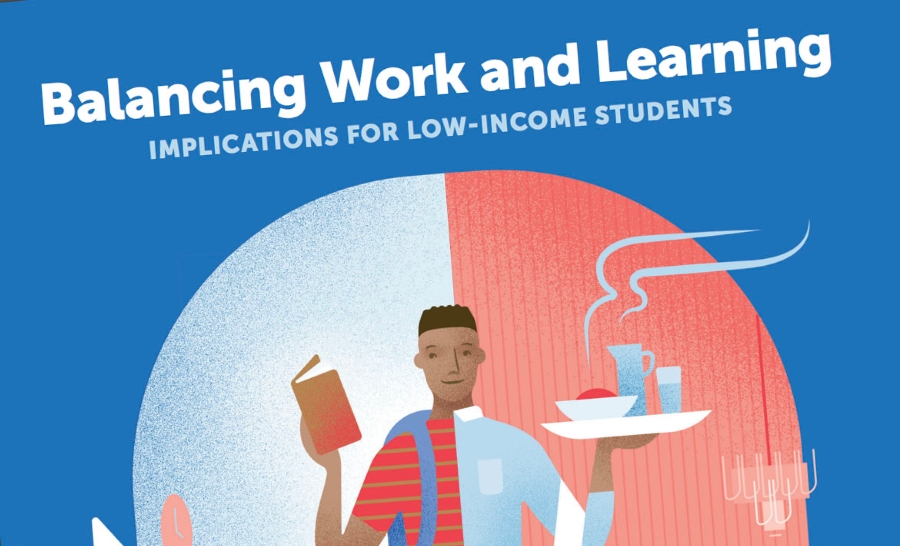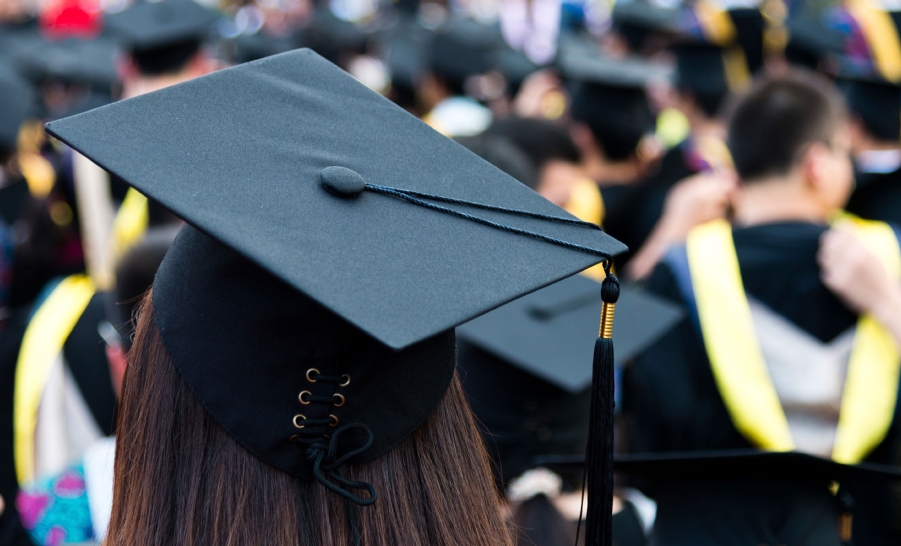Online, but not Alone: Networks of Support at UMass Lowell
Matthew Hurwitz Ph.D., University of Massachusetts Lowell / FirstGen Forward / March 25, 2020
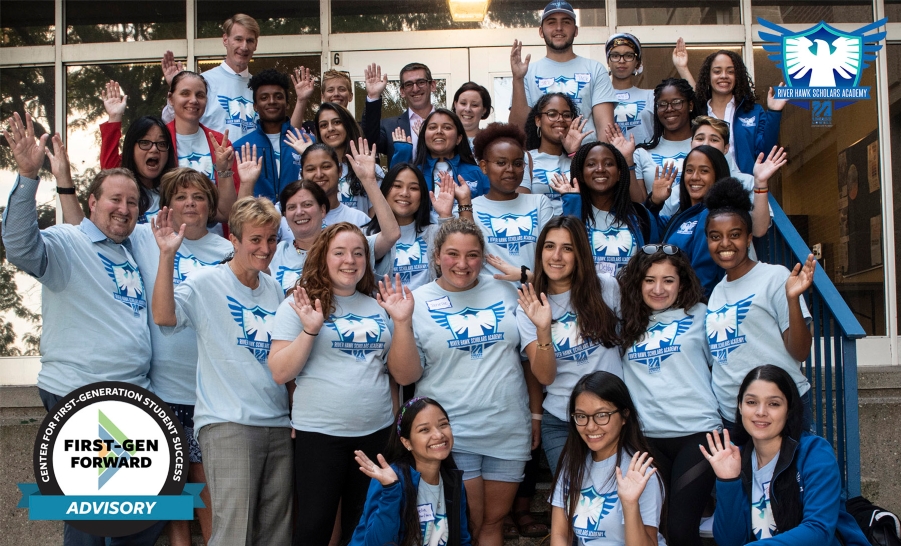
41% of the undergraduate students at UMass Lowell are first-generation, a mid-sized public research university located in an urban setting that serves students in the state of Massachusetts and beyond. We are an institution constantly on the rise with a deep commitment to our 125-year-old history and our roots as an engine of social change and economic fortune for the Merrimack Valley region (the birthplace of the Industrial Revolution). Ours is a history totally intertwined with that of the aspirations of students who would be the first in their family to complete a four-year college degree, and when we applied for and were recognized as a First-gen Forward institution in 2019; we could not have been more proud. Of course, like all institutions of higher learning, we have had to institute major changes, on the fly, in response to the COVID-19 pandemic. In all of our thinking, we have placed the well-being of our students, staff, and faculty first and done our best to account for the confusion, anxiety, and sometimes challenging home environments that our students – first-generation and continuing-generation alike – are experiencing.
Every single staff and faculty member has been working around the clock to help students adjust to this new reality. As of March 18, 2020, UMass Lowell has launched 3,300 courses online with 98% of our students successfully resuming their academic classes. At the same time, the Division of Student Affairs has been working on keeping students engaged outside of the classroom by switching to virtual workshops/resources on topics that are important to students in this critical time (Mental Health, Time Management, Career Support, Wellness and Money Management just to name a few).
In addition to moving 3,300 courses online, Academic Affairs has moved peer-to-peer tutoring to an online environment, allowing students to receive continued tutoring support through face-to-face assistance. Additionally, professional advisors are operating in remote environments that allow for drop-in advising opportunities with the continued level of service students are accustomed to receiving across campus. Also, in a short time we have implemented reporting that tracks students’ logins to their online classes so that if a student should stop logging into their courses, a professional advisor will reach out to check-in to make sure the student has what they need to be successful in their coursework.
And our work towards our first-gen specific initiatives continues as well. For the past three years, the River Hawk Scholars Academy has been our campus’s most visible first-gen program; the Academy’s mission is to promote the academic and social well-being of first-year, first-gen students, and like, all aspects of university life, have transitioned to online support and outreach. Earlier this year, we expanded our efforts as a campus through the formation of our First-Gen Working Group, a collection of 20 passionate change-makers all working towards enhancing our campus’s impact on the success of all of our first-gen students through strategic goal-setting. This group is led by Director of College-Based Professional Advising, Justin Gerstenfield, Faculty Director of the River Hawk Scholars Academy, Matthew Hurwitz, and Director of Student Affairs, Shaima Ragab.
Our plans, most of which we hope to continue when the time is right and people are once again safe to be on campus, are to:
Pilot family programs on evenings and/or weekends that better meet the needs of working parents and offer resources to families in both English and Spanish.
- Design financial planning pathways and resources that are accessible and student-friendly.
- Create a one-stop online source for first-gen students.
- Collect and analyze data on first-gen academic performance and offer more faculty mentorship opportunities.
- Launch a first-gen student club.
UMass Lowell would not be where it is today without the thousands of first-generation students who have crossed our graduation stage, diploma in hand, year after year. Being recognized for our work as a First-gen Forward institution has meant that now more than ever is the time for us to double down on our promise to all of our students that when you come to UMass Lowell, we’ve got your back and best interests at heart, whether you are a third-generation River Hawk or the trailblazing first.
